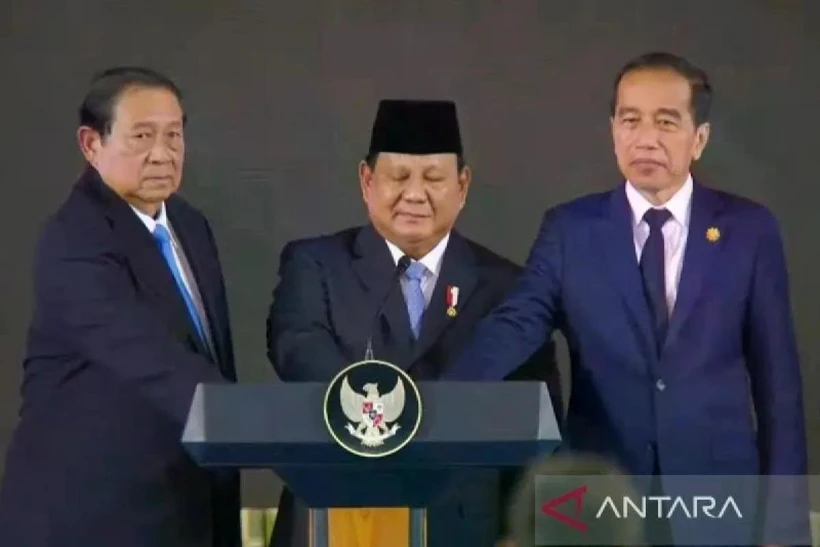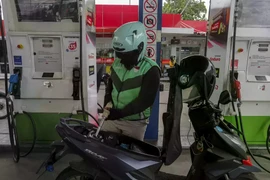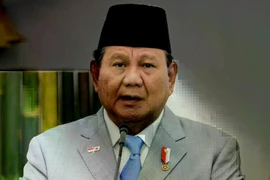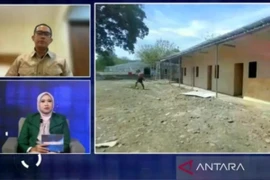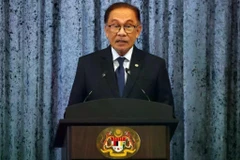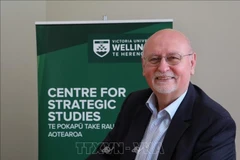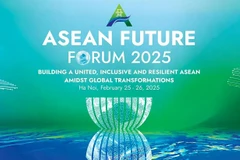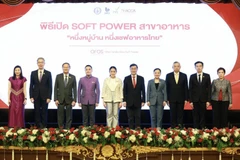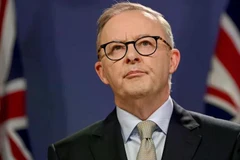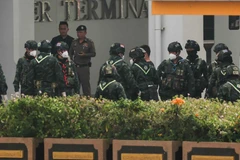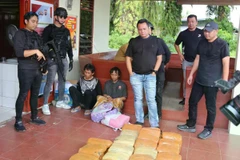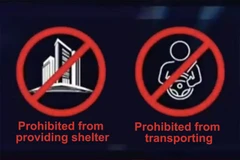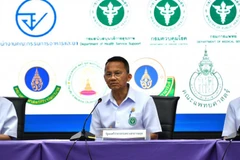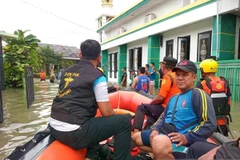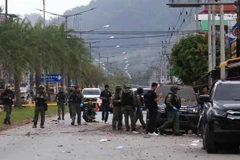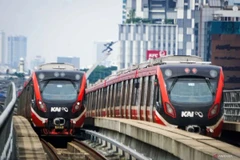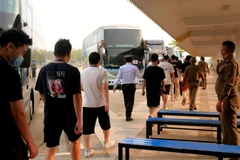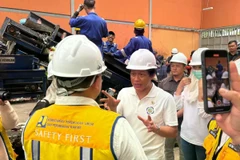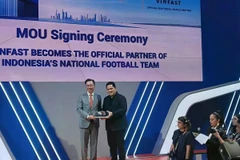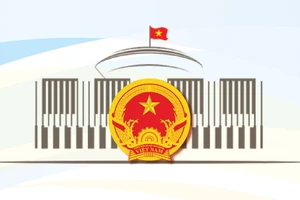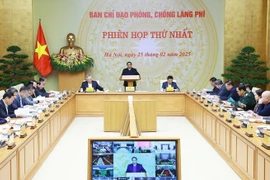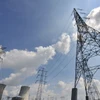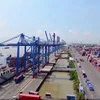Jakarta (VNA) - Indonesia's newly inaugurated sovereign wealth fund, Daya Anagata Nusantara (Danantara), will prioritise investments in mineral processing, artificial intelligence (AI), and renewable energy, Indonesian President Prabowo Subianto has said.
With an initial investment of 20 billion US dollars, the agency aims to drive strategic projects focused on industrialisation and technological advancement. Key sectors include nickel, bauxite, and copper processing, AI, and renewable energy.
These multi-billion dollar strategic projects will shape the future of the Indonesian economy, focusing on nickel, AI, and other high-impact industries, Prabowo said. Danantara is expected to consolidate and optimise state assets, managing assets worth more than 900 billion USD, making it one of the world's largest sovereign wealth funds. The fund will oversee 20 national projects aimed at reducing Indonesia's dependence on raw material exports and increasing the value-added of its natural resources.
According to Prabowo, Danantara's investments will generate high-quality jobs and contribute to the country's long-term prosperity. These are the areas that will determine Indonesia's future, resilience and independence. With the establishment of Danantara, he plans to harness the strengths of State-owned Enterprises (BUMN) as the main driving force for national development. He emphasised that Danantara marks a new era for BUMN — not only as business entities but also as national assets that act as agents of development, economic growth and public welfare./.
